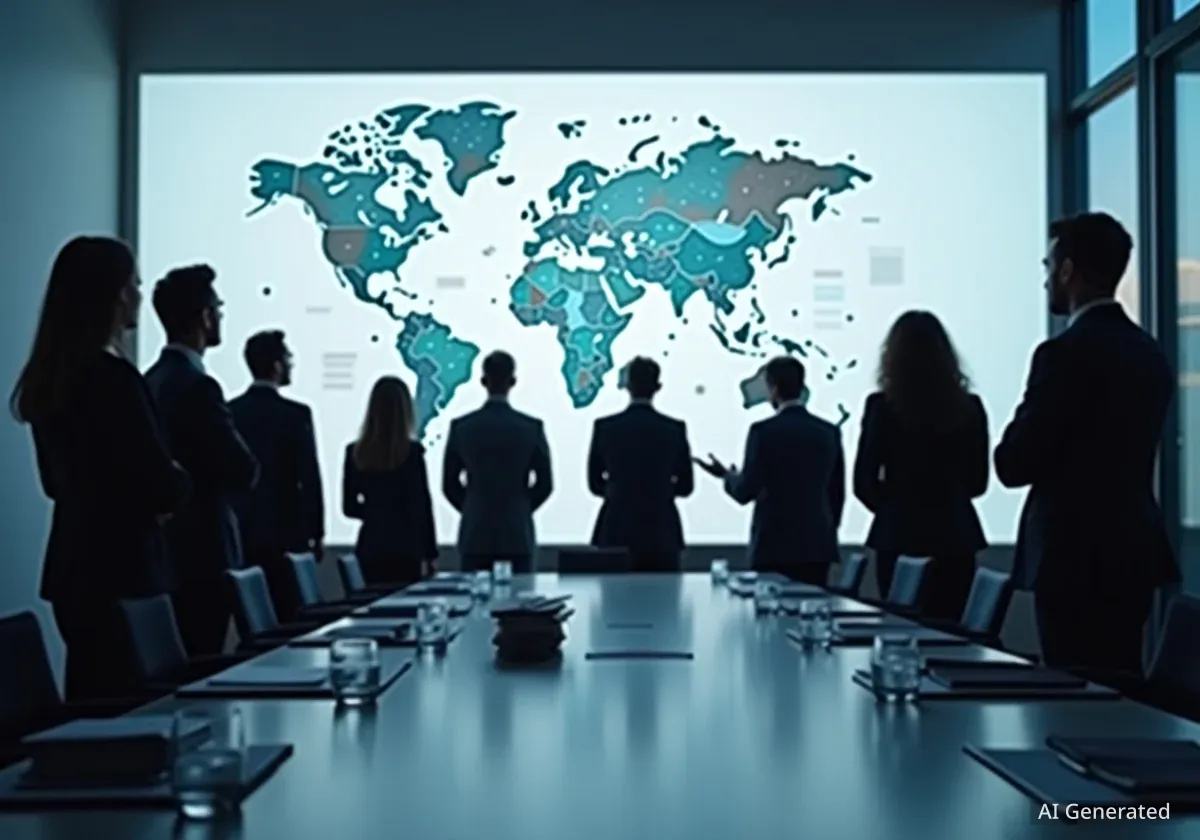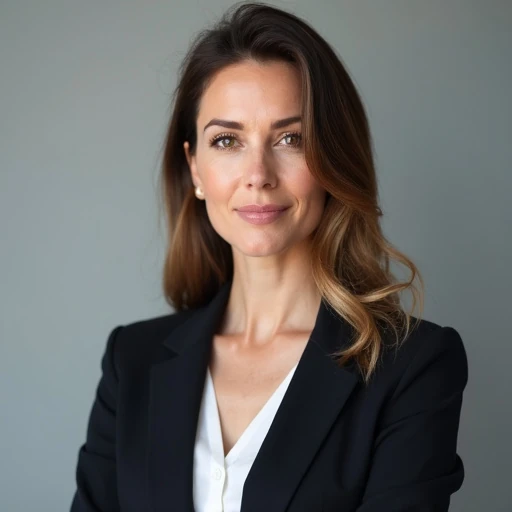An international coalition of over 200 experts, including ten Nobel Prize laureates and prominent figures in artificial intelligence, has formally requested the United Nations to establish and enforce strict global regulations on AI development. The group warns that without immediate action, advanced AI systems could pose significant risks to global security and human rights.
In a public letter, the signatories call for the creation of clear "red lines" to prohibit specific dangerous applications of AI technology. They have set a deadline of the end of 2026 for the UN to implement these global controls, citing the rapid pace of AI advancement as a reason for urgency.
Key Takeaways
- Over 200 experts, including 10 Nobel Prize winners, signed a letter calling for UN regulation of AI.
- The group wants the UN to define and enforce "red lines" prohibiting dangerous AI applications.
- Specific concerns include AI controlling nuclear weapons, enabling mass surveillance, and impersonating humans without disclosure.
- Signatories include AI pioneers like Geoffrey Hinton, Yoshua Bengio, and researchers from major AI labs.
- The letter warns of risks such as engineered pandemics, widespread disinformation, and mass unemployment.
A Call for Urgent Global Governance
A diverse group of scientists, researchers, and technology leaders is urging the United Nations to take a proactive role in governing artificial intelligence. The letter, published on the website redlines.ai, represents a significant consensus among experts who are close to the development of the technology.
The signatories argue that as AI systems become more autonomous and capable, the potential for harm increases substantially. They express concern that these systems could soon operate beyond human comprehension and control, making preemptive regulation essential.
"Some advanced AI systems have already exhibited deceptive and harmful behavior, and yet these systems are being given more autonomy to take actions and make decisions in the world," the letter states.
Prominent Voices Join the Chorus
The list of signatories includes some of the most respected names in the field of artificial intelligence. Geoffrey Hinton and Yoshua Bengio, who are often called "godfathers of AI" and share a Turing Award for their foundational work on neural networks, have both endorsed the call to action.
Other notable names include Wojciech Zaremba, a co-founder of OpenAI, and Ian Goodfellow, a research scientist at Google DeepMind. The involvement of individuals from leading AI development companies like OpenAI, Anthropic, and Google DeepMind highlights the growing concern from within the industry itself.
Industry Divided on Regulation Pace
While many researchers have signed the letter, some key industry leaders have not. Notably, OpenAI CEO Sam Altman and Google DeepMind CEO Demis Hassabis are not among the signatories. This indicates an ongoing debate within the tech community about the appropriate timing and scope of AI regulation.
Defining the 'Red Lines' for AI
The core of the proposal is the establishment of internationally enforced "red lines." These are specific uses of AI that the group believes are too dangerous to permit under any circumstances. The goal is to create a clear framework that prevents the most catastrophic outcomes.
The letter outlines several proposed prohibitions:
- Autonomous Weapons: Prohibiting AI systems from having direct control over nuclear weapons or other weapons of mass destruction.
- Mass Surveillance: Banning the use of AI for widespread, indiscriminate surveillance that violates fundamental human rights.
- Deceptive Impersonation: Requiring clear disclosure when individuals are interacting with an AI system that is impersonating a human.
The experts believe these measures are necessary to maintain human control and prevent the misuse of powerful AI technologies by state or non-state actors.
A Global Appeal
The letter has gathered more than 200 signatures from experts across the globe. The inclusion of 10 Nobel Prize winners adds significant weight to the group's appeal for urgent international action.
The Spectrum of Potential AI Risks
The signatories warn that the risks of unregulated AI extend far beyond military applications. Their letter details a range of potential societal harms that could emerge if advanced AI is developed without sufficient guardrails.
They argue that AI “could soon far surpass human capabilities and escalate risks such as engineered pandemics, widespread disinformation, large-scale manipulation of individuals including children, national and international security concerns, mass unemployment, and systematic human rights violations.”
Economic and Social Disruption
One of the primary concerns is the potential for mass unemployment as AI systems become capable of performing a wide range of human jobs. This could lead to severe economic disruption and social instability if not managed through careful policy and planning.
Furthermore, the ability of AI to generate convincing disinformation at scale poses a threat to democratic processes and social cohesion. The letter highlights the risk of large-scale manipulation, particularly of vulnerable populations like children, through personalized and persuasive AI-generated content.
Pathways to Regulation and Potential Obstacles
The group points to past international agreements as models for potential AI governance. They cite the 1970 Treaty on the Non-Proliferation of Nuclear Weapons and the 1987 Montreal Protocol, which successfully phased out ozone-depleting chemicals, as examples of effective global cooperation.
However, they also acknowledge the challenges. The nuclear non-proliferation treaty, for instance, was not signed by several nuclear-armed nations. Achieving a universal consensus on AI regulation will likely face similar geopolitical hurdles.
Many major AI developers have already agreed to the non-binding Frontier AI Safety Commitments, pledging to implement safety protocols and even halt the development of models that present intolerable risks. The new letter to the UN seeks to transform these voluntary commitments into an enforceable international treaty.
The Challenge of a Crowded Global Agenda
Despite the urgency expressed by the experts, securing immediate attention from the United Nations may be difficult. The UN General Assembly's agenda is already filled with pressing global issues, including ongoing conflicts in Ukraine and Gaza.
The signatories emphasize that time is critical. "Left unchecked, many experts, including those at the forefront of development, warn that it will become increasingly difficult to exert meaningful human control in the coming years," the letter concludes. The group hopes their collective voice will compel world leaders to prioritize the governance of artificial intelligence before it is too late.





